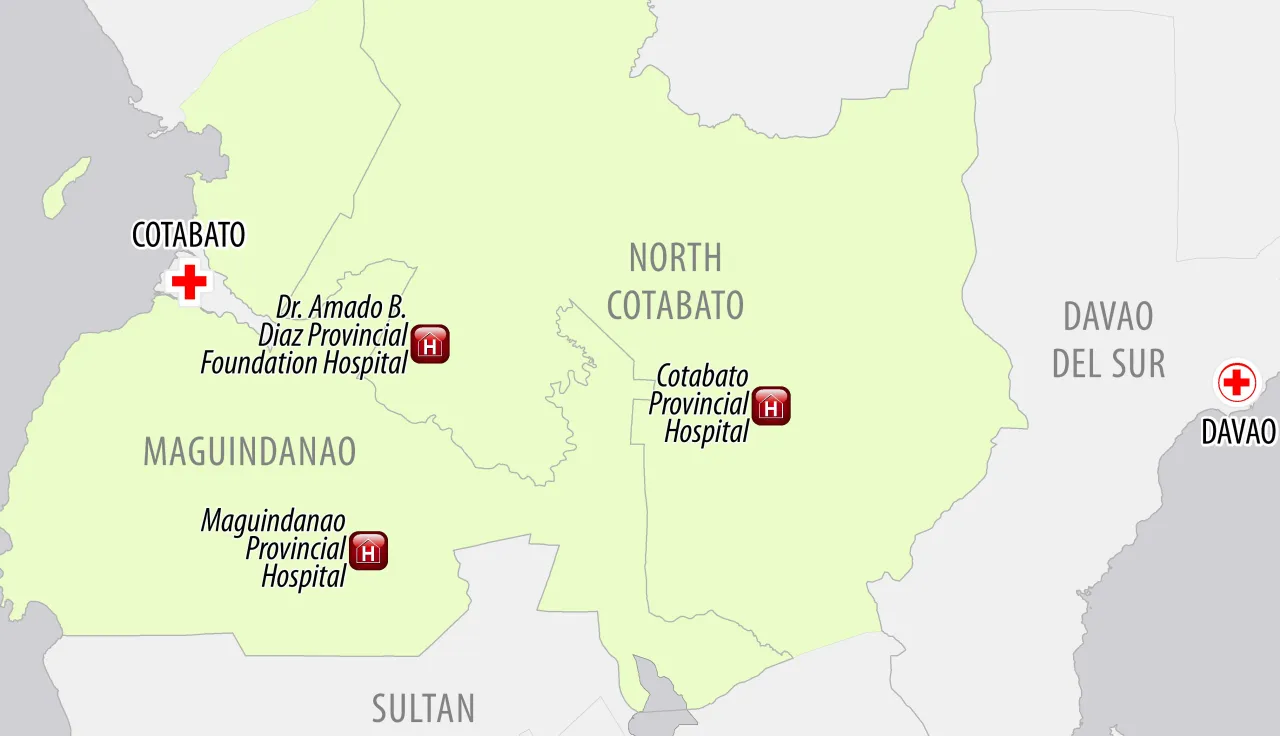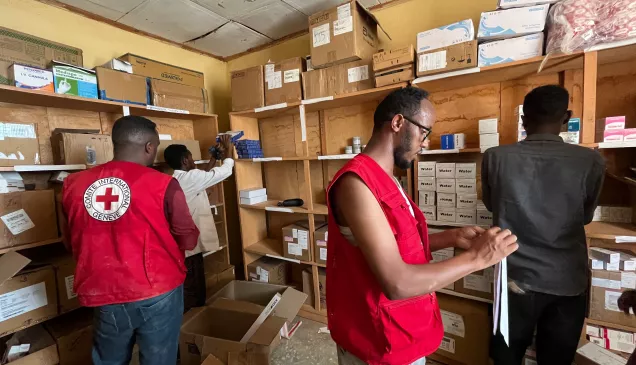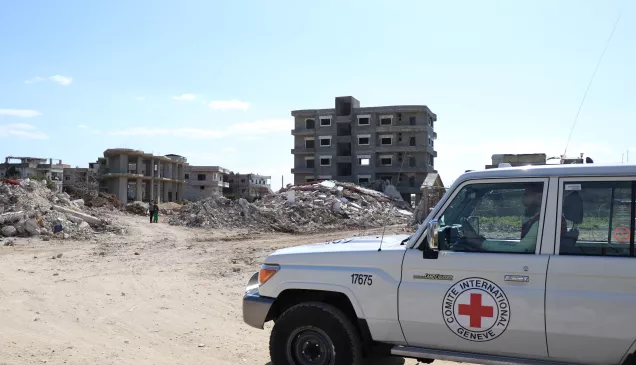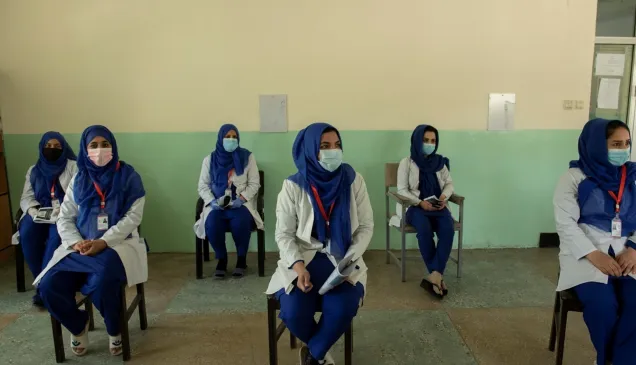Philippines: Life-saving health support without distinction

Unfortunately civilians can be casualties of armed conflicts. Such is the case in some parts of the provinces of Maguindanao and North Cotabato, where explosive devices and recurrent armed clashes pose danger to communities.
With the prevailing insecurity in these areas, the ICRC continues to provide medical support to local health structures to treat people wounded by weapons or explosives. In the first quarter of this year, the ICRC enhanced its efforts to provide life-saving assistance with no distinction.
"All those who are wounded and sick – regardless of their religion, ethnic group, gender or political beliefs – should be respected and benefit from first aid and urgent medical treatment in the health facilities," said Beatriz Karottki, health coordinator at the ICRC in the Philippines. "First aiders and health staff must also be allowed to perform safely their duties."
Reinforcing local health capacity
In areas experiencing frequent armed violence, it is important that hospitals and smaller health facilities are fully prepared to treat people wounded from gunfire or explosions.
The ICRC regularly supports three hospitals in the provinces of North Cotabato and Maguindanao, providing medical equipment, supplies and medicines needed to stabilize and treat the weapon-wounded. These are the Cotabato Provincial Hospital (Amas/Kidapawan) and Dr Amado Diaz Provincial Hospital (Midsayap), both in North Cotabato, and the Maguindanao Provincial Hospital, located in Shariff Aguak. In 2014, at least 76 weapon-wounded patients benefited from ICRC's support to these three hospitals.
During emergency situations, the ICRC also provides ad hoc support to other health facilities dealing with casualties resulting from conflict.
Additionally, to strengthen the emergency preparedness and response capacity of rural health units and local governments, the ICRC and the Philippine Red Cross (PRC) are conducting a series of first aid and basic life support trainings to the health staff working in 21 rural health units and other emergency units in these two provinces.
Supporting the weapon-wounded
In special circumstances, the ICRC supports medical treatments and/or transportation for people who have been wounded. Between January and March 2015, at least 27 weapon-wounded people benefited from this support.
An example of this is a 15-year-old child who was injured by a stray bullet from an armed clash in January 2015 in Maguindanao. Found unconscious due to gunshot wounds, he was given first aid and was immediately brought to an ICRC-supported medical facility for further treatment. To this day, the ICRC continues to monitor his condition, as well as that of other people in similar situations, ensuring continuity of care, which is essential for full recovery.
Unfortunately, some weapon injuries result in amputation, putting the affected individual's future at stake. To help those amputees regain their mobility and dignity, the ICRC provides prosthesis and rehabilitation, in collaboration with the Davao Jubilee Foundation (DJF).
For 15 years now, the ICRC has been referring weapon-wounded patients to this non-profit organization who provides services for people with physical disabilities. Continued support to the DJF allowed more than 56 patients to access their specialized services in 2014.



